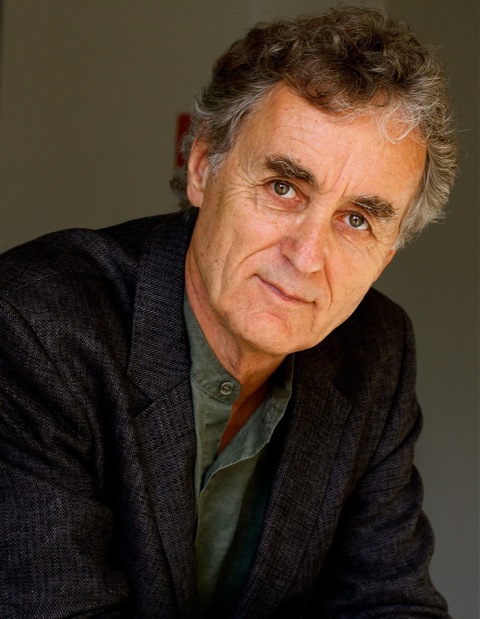Fritjof Capra: Zitate auf Englisch
Quelle: The Tao of Physics (1975), Ch. 1, Modern Physics, p. 17.
Quelle: The Turning Point (1982), p. 82.
Quelle: The Tao of Physics: An Exploration of the Parallels between Modern Physics and Eastern Mysticism
Kontext: At the subatomic level, matter does not exist with certainty at definite places, but rather shows "tendencies to exist," and atomic events do not occur with certainty at definite times and in definite ways, but rather show "tendencies to occur."
Epilogue: Ecological Literacy
The Web of Life (1996)
Epilogue: Ecological Literacy
The Web of Life (1996)
Epilogue: Ecological Literacy
The Web of Life (1996)
Quelle: The Turning Point (1982), Ch. 1. The Turning of the Tide.
Quelle: The Tao of Physics (1975), Ch. 3, Beyond Language, p. 46.
Quelle: The Tao of Physics (1975), Ch. 3, Beyond Language, p. 50.
Epilogue: Ecological Literacy
The Web of Life (1996)
Quelle: The Web of Life (1996), p. 30.
Quelle: The Hidden Connections (2002), p. 86 Ch. 4 Life and Leadership in Organizations http://beahrselp.berkeley.edu/wp-content/uploads/2010/06/Capra-Hidden-Connections-Ch-4.pdf.
Quelle: The Web of Life (1996), p. 3; As cited in: Michael C. Jackson (2000) Systems Approaches to Management. p. 5.
Quelle: The Tao of Physics (1975), Ch. 1, Modern Physics, p. 19.
Quelle: The Web of Life (1996), p. 46.
Epilogue: Ecological Literacy
The Web of Life (1996)
Epilogue: Ecological Literacy<!--p.300-->
The Web of Life (1996)
Capra (2007) in: Francis Pisani " An Interview with Fritjof Capra http://ijoc.org/ojs/index.php/ijoc/article/view/69/25" in: International Journal of Communication Vol 1 (2007).
“A diverse community is a resilient community, capable of adapting to changing situations.”
Epilogue: Ecological Literacy
The Web of Life (1996)
Fritjof Capra, Gunter A. Pauli (1995) Steering business toward sustainability. p. 3 cited in: Elmer Kennedy-Andrews (2008) Writing Home. p. 13.
